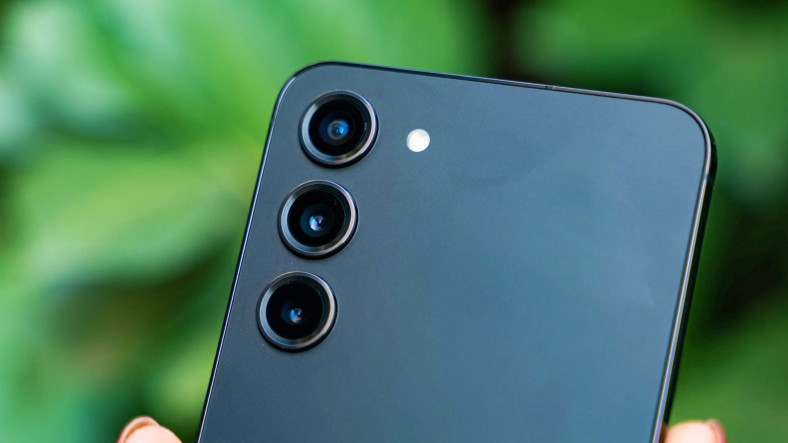KU Leuven has created guidelines that provide researchers with a clear framework for dealing with Generative Artificial Intelligence (GenAI). This makes the university a pioneer in Europe.
Generative artificial intelligence is the collective term for algorithms that can create new content (text, code, images, …). At the end of November last year, OpenAI launched the ChatGPT language model, perhaps the most well-known AI model. “The technology offers enormous opportunities, but also presents us with challenges and will definitely play an important role for the jobs, education and research of the future,” said KU Leuven in a press release.
Accountable framework
Precisely because there are so many possibilities, KU Leuven is open to them. The university wants to integrate technology into its research and teaching in a clear and responsible framework, with an eye for opportunities and pitfalls. In scientific research, generative artificial intelligence can already simplify and accelerate certain tasks. In order to deal responsibly and critically with the technology, KU Leuven has written a guide for researchers.
KUL sees a role for AI in brainstorming research ideas, creating a literature review, writing a project plan, visualizing research results, etc. “Transparency about how results are used and verified remains critical. An important point to consider is, for example, the handling of personal data or confidential information from research data. Finally, the security and confidentiality of the data entered on AI platforms is not guaranteed,” says Vice Rector for Research Jan D’Hooge.
Connect to student framework
Critical handling of the issue and correct reference remain crucial. The framework for researchers therefore corresponds to the guidelines for students, which were created depending on the examinations. The guidelines for researchers are also particularly important for students, for example if they are participating in projects, research work or master theses where GenAI tools are useful.
The KU Leuven sees its task in training students in the responsible use of these applications, which also quickly find their way into the professional field. The guidelines should therefore help with this. They are also of great importance with regard to a correct examination process, because a correct assessment of a student’s skills remains central. There is an article in the study and examination regulations intended to prevent misuse.
transparency and advice
If the use of GenAI makes a correct assessment of the knowledge, understanding or skills of the student (partially) impossible or tries to enable it, there is abuse. This does not mean that the use of GenAI is discouraged. Transparency and consultation with the lecturers are and will remain essential for the KUL. More specifically, a student can use GenAI to:
- improve or revise a self-written text without adding content
- as a search engine for gathering information
- Have a code written by GenAI if the teacher allows it
When copying verbatim generated output, the source must always be correctly indicated, both in the text and in the reference list. “The most important advice remains: Consultation with the lecturer or supervisor. For certain tasks or exams, it can also be explicitly stated that the use of GenAI is not permitted. We also insist that students should be critical of GenAI results. We know that the applications sometimes play tricks on the truth,” says Tine Baelmans, Vice Rector for Education Policy.
plagiarism software
KU Leuven remains vigilant and checks, among other things, for unauthorized use. Lecturers may ask students for an additional oral explanation to check their knowledge or to explain the origin of passages. The plagiarism software used by the university is also constantly evolving and checks for the use of GenAI.
“These guidelines are based on the current state of this technology, but we recognize that it is evolving rapidly,” concludes Rector Luc Sels. “Our policies will evolve in the future and be adjusted as necessary. With the support of our Institute for Artificial Intelligence at KU Leuven, we want to gradually look at the possibilities and risks in the longer term. But always with an open mind.”














